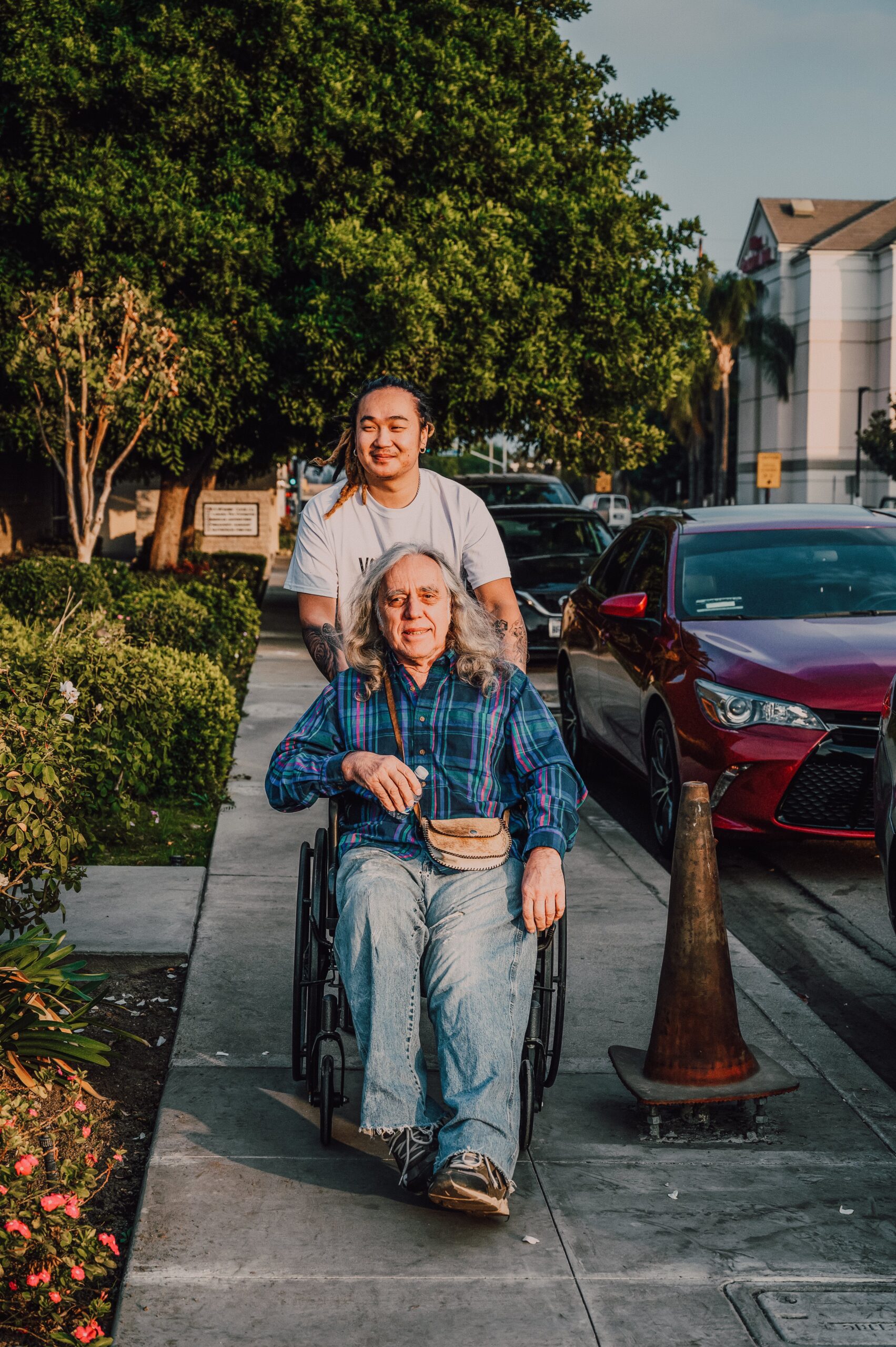Introduction:
As our society ages, the importance of addressing the well-being of the elderly becomes increasingly evident. Beyond medical care and assistance with daily activities, companion care plays a crucial role in enhancing the quality of life for seniors. The emotional, social, and mental benefits derived from companionship contribute significantly to their overall health and happiness. In this blog post, we will explore the profound impact of companion care on the elderly and why fostering meaningful connections is essential for their well-being.
- Loneliness and Isolation:
One of the most pressing issues faced by many seniors is loneliness. As they age, social circles may shrink due to factors such as retirement, loss of friends or family members, and physical limitations. Companion care addresses this by providing regular social interaction, reducing feelings of isolation, and offering emotional support. The simple act of having someone to talk to, share experiences with, or enjoy activities together can significantly alleviate the effects of loneliness.
- Mental and Emotional Health:
Companion care goes beyond physical assistance; it contributes to the cognitive and emotional well-being of the elderly. Engaging in conversations, playing games, or reminiscing about the past stimulates the mind and helps maintain mental acuity. Emotional support from a companion can provide comfort during challenging times, reduce stress, and even help prevent or manage mental health issues such as depression and anxiety.
- Maintaining Independence:
While physical assistance is undoubtedly essential, companion care also focuses on preserving the independence of the elderly. Companions can assist with daily tasks while encouraging seniors to participate in decision-making and maintaining a sense of control over their lives. This empowerment fosters a positive self-image and helps seniors maintain a higher level of independence for as long as possible.
- Enhancing Physical Health:
The positive effects of companionship extend to physical health as well. Studies have shown that seniors who have regular social interactions are more likely to engage in physical activities, leading to improved mobility and overall health. Companionship can also motivate them to adhere to health regimens, medication schedules, and medical appointments, reducing the risk of health complications.
- Prevention of Cognitive Decline:
Regular social engagement and mental stimulation provided by companion care play a crucial role in preventing cognitive decline. Meaningful conversations, brain games, and other mentally stimulating activities can contribute to the maintenance of cognitive function, reducing the risk of conditions such as dementia and Alzheimer’s disease.
Conclusion:
Companion care is not just about meeting the physical needs of the elderly; it’s about recognizing and addressing their emotional and social needs as well. As our society continues to age, it is imperative that we prioritize the well-being of our seniors by acknowledging the profound impact of companionship on their overall quality of life. By investing in companion care, we can create a society that values and supports the elderly, ensuring that they live their golden years with dignity, happiness, and a strong sense of connection.





